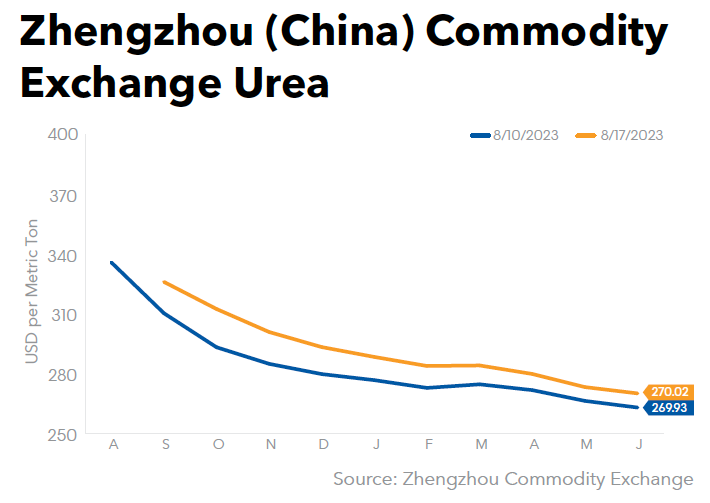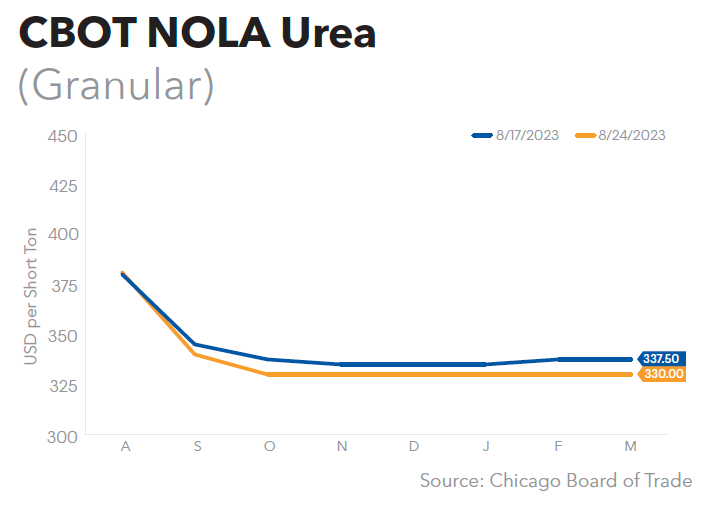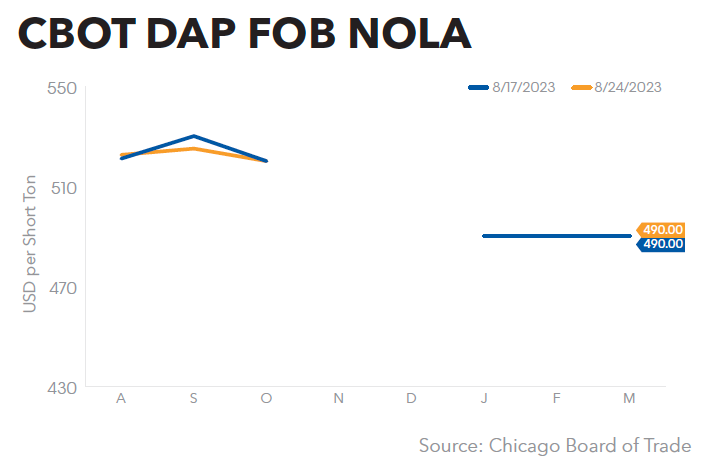Australian Fertilizer Suppliers Agree to Contract Changes
The Australian Competition and Consumer Commission (ACCC) on Aug. 21 announced that fertilizer suppliers have agreed to amend their contracts after an ACCC investigation into unfair contract terms.
“We initiated an investigation after receiving complaints that fertilizer suppliers were using contracts in a way that could disadvantage farmers,” ACCC Deputy Chair Mick Keogh said. The ACCC said it obtained copies of standard form fertilizer supply agreements and identified potentially unfair contract terms in those agreements.
ACCC said all fertilizer suppliers that it engaged with during its investigation cooperated and changed the contract terms to address the ACCC’s concerns.
ACCC said a term in a standard form contract may be unfair where it creates a significant imbalance in the parties’ rights and obligations under the contract, is not reasonably necessary to protect a party’s legitimate business interests, or is likely to cause financial or other harm to the other party if enforced.
Some of the potentially unfair terms identified by the ACCC included terms giving the supplier the right to unilaterally vary the quantity to be delivered to the buyer or to terminate the agreement if the supplier believed it would not be able to supply the goods. Some terms restricted buyers’ rights to raise issues about defects with the goods.
Under the new unfair contract term laws that come into effect on Nov. 10, 2023, the ACCC will be able to take court action to seek pecuniary penalties for breaches of the law. The maximum penalty will be the greater of $50 million or three times the value of the benefit derived, or, if that value cannot be determined, 30% of the company’s turnover during the period it engaged in the conduct.
“This is an important reminder to all businesses in the agricultural sector of the need to review their standard form small business contracts and remove unfair contract terms now, or they risk significant penalties when the new laws take effect,” Keogh said. The new unfair contract terms provisions will also expand the definition of a “small business” to include businesses with up to 100 employees or up to $10 million in annual turnover.
“We will continue to monitor traders in the fertilizer industry and, more broadly, across the agricultural sector, and we will investigate if we have concerns with contract terms,” Keogh added. “If a small business thinks an unfair contract term is being included or enforced in their agreement, we recommend they obtain independent legal advice to understand the options available to them.”
An ACCC spokesperson told Green Market the investigation was an industry-wide compliance exercise, so it would not be naming individual traders. It said it does not comment on the specifics of its investigations or potential investigations.


